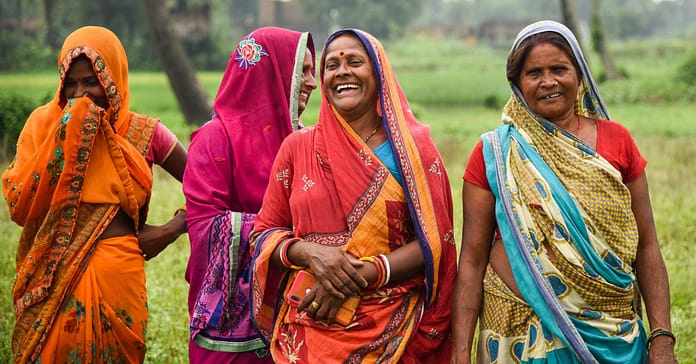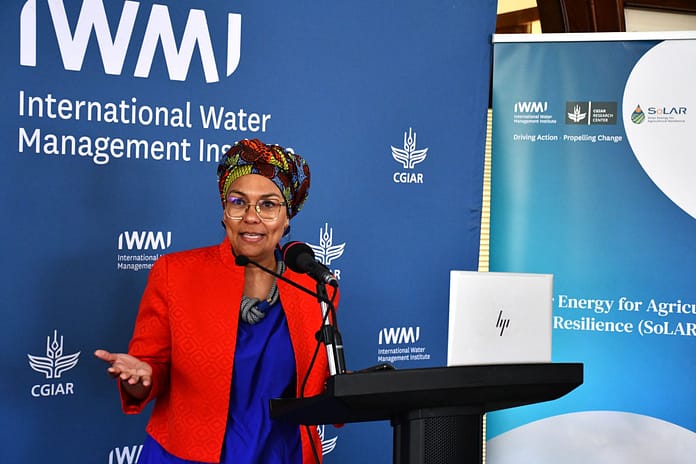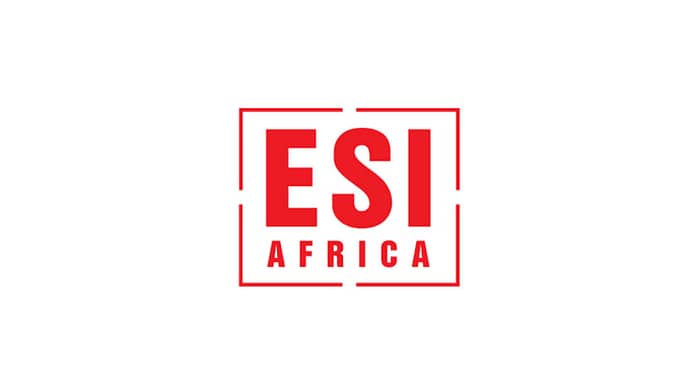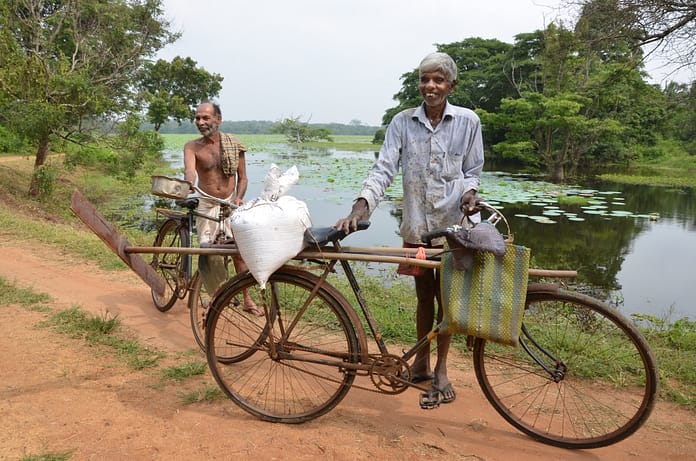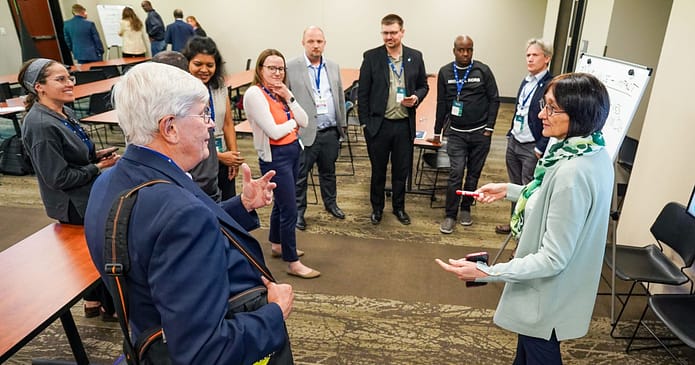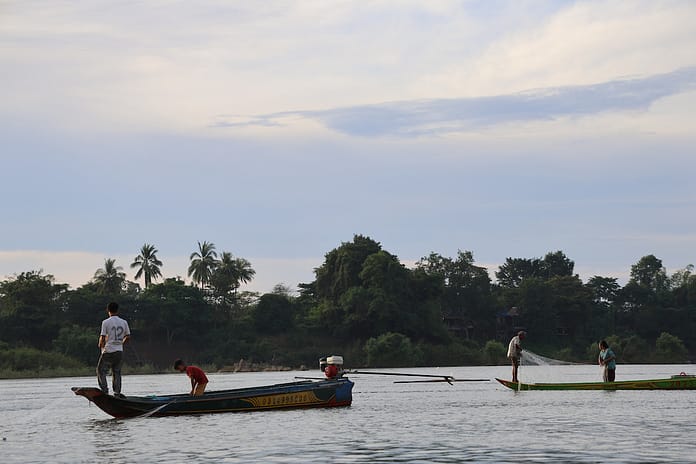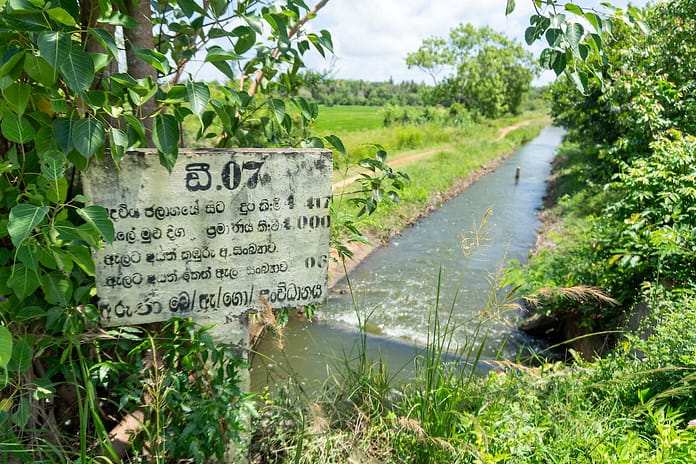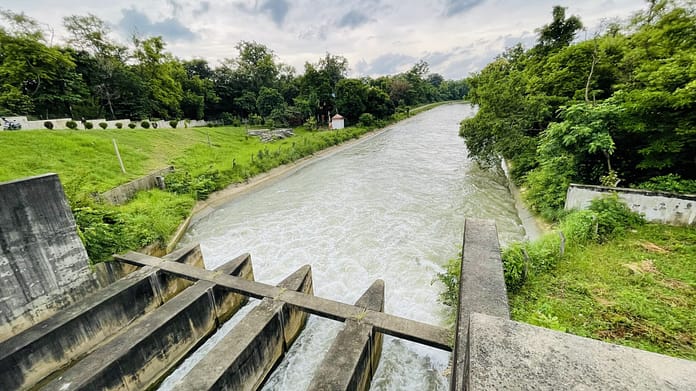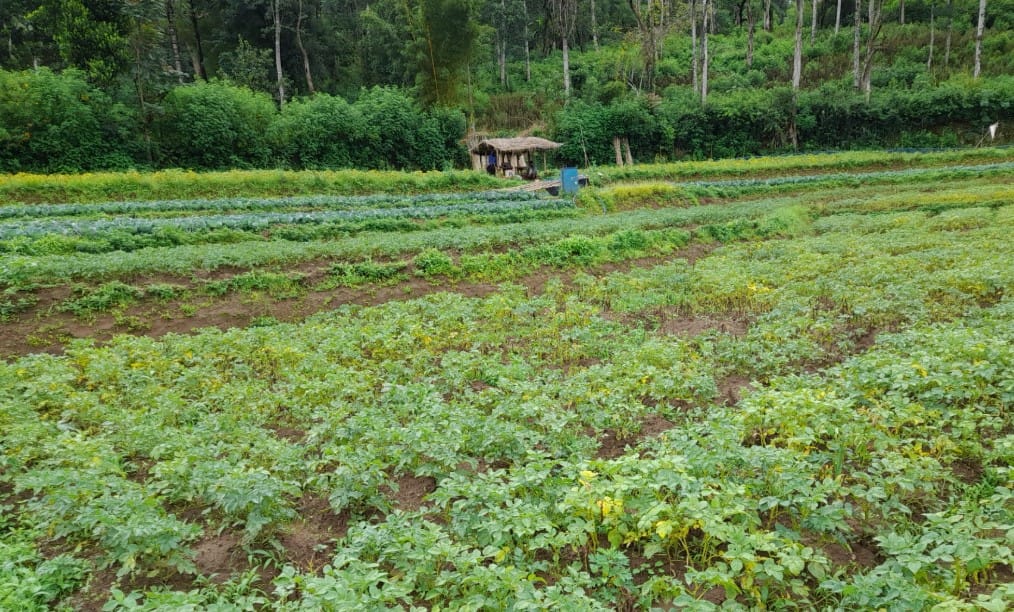
The International Water Management Institute (IWMI), in partnership with the World Vegetable Center and Sri Lanka’s Department of Agriculture is promoting safe and sustainable vegetable cultivation in Sri Lanka through a package of good agronomic practices using farmer participatory trials. IWMI’s research under the CGIAR Initiative on Fruit and Vegetables for Sustainable Healthy Diets (FRESH) provides farmers with best practices around soil and plant health to increase input use efficiency. This ultimately contributes to sustainable natural resource management and safer vegetable production without compromising farmers’ income and livelihood.
In Sri Lanka, the vegetable sector, next to rice, is dominant in the agricultural space. 70% of the rural population is dependent on farming as their primary source of income and almost half of total arable land in Sri Lanka is used for agriculture. With ideal conditions for growing a wide range of fruits and vegetables, the country has around 80 varieties produced in different agroecological zones. However, average consumption of fruits and vegetables in Sri Lanka is around 150 g per day and per capita consumption is approximately 112 g per day, which is 50% lower than the World Health Organization recommendations.
Research from the FRESH Initiative sets out to improve fruit and vegetable consumption and identify opportunities and barriers for sustainable and year-round crop production. With farmers realizing that they are overusing chemical fertilizers and pesticides, the research aims to help farmers in Sri Lanka efficiently use input for optimal crop output. Together with partners, IWMI conducted participatory farmer trials in 2023 and 2024 with 75 and 90 farmers, respectively. The project consisted of multiple technical training programs, farmer field days to share the experiences of trial farmers, help with building farmers’ capacity, providing real-time climate and agronomic advisories using digital technologies and broadening the upscaling of interventions. The trials introduced best practices to vegetable farmers, including soil testing to provide recommendations for pH adjustment and fertilizer applications, production of healthy seedlings, integrated plant nutrient management, and integrated pest management. These trials aimed to showcase best practices and empower farmers and field-level officers to upscale safe and sustainable vegetable cultivation intervention.
The 2023 trial results show that the good practices promoted by the project have the potential to significantly increase crop yield and gross return by an average of 22 to 44 % and 21 to 33 %, respectively. The use of inorganic fertilizer and pesticide reduced by an average of 12 % to 42 % and 41 % to 96 %, respectively. of the selected crops.
The research concluded that simple technologies such as soil testing can help decide soil pH and fertilizer recommendations and adopting the recommended agronomic and hygienic practices can convert conventional farming into more sustainable cultivation systems. In the bigger picture, increasing fruit and vegetable intake in turn improves diet quality, nutrition, and health, while also improving livelihoods, empowering women and youth, and mitigating environmental impacts.
Read more about Opportunities for and constraints to safe and sustainable vegetable production in Sri Lanka from the CGIAR FRESH Initiative.


